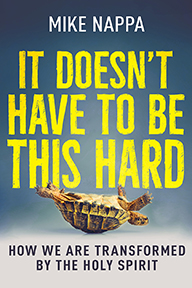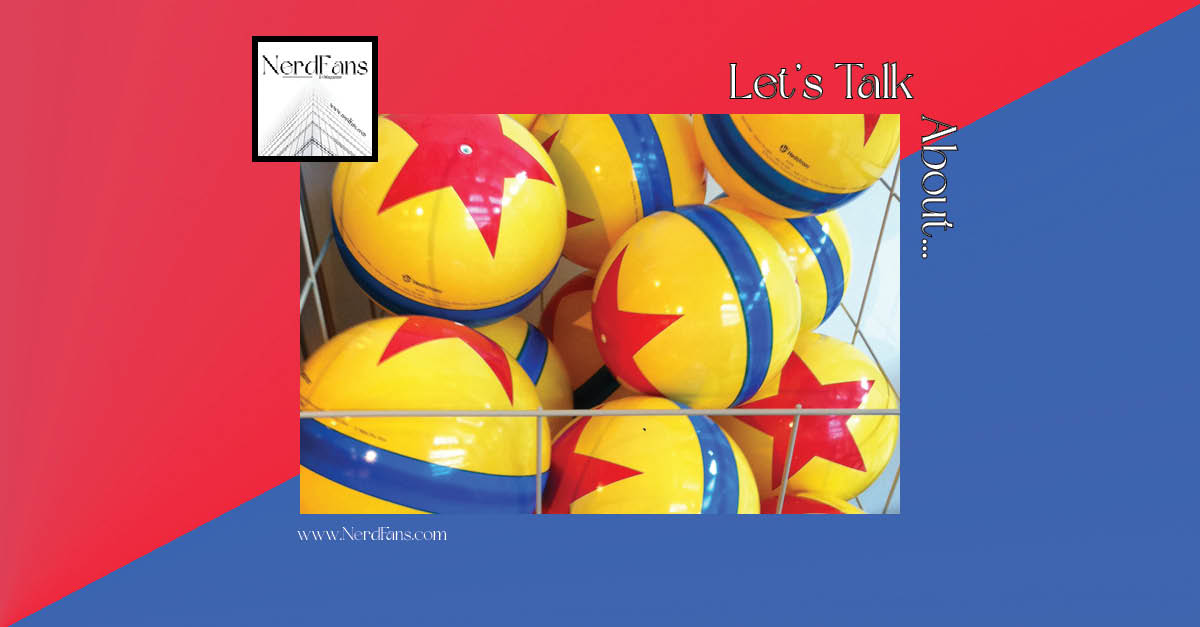An Editorial Team reason for rejection
Reading, in my view, should be a simple, pleasant experience.
Even when dealing with complex topics and weighty intellectual issues, a manuscript should never lead the reader toward confusion or away from understanding. Unfortunately, too many writers think more about themselves than they do about the reader. They think writing is about looking smart, or presenting a superior argument to a lesser mind. These people most often remain unpublished (though some do thrive in the so-called “Academic” category).
I like the way six-year-old Calvin describes this attitude in the classic cartoon strip, Calvin & Hobbes. “The purpose of writing,” he lectures while creating a book report titled The Dynamics of Interbeing and Monological Imperatives in Dick and Jane, “is to inflate weak ideas, obscure poor reasoning, and inhibit clarity. With a little practice, writing can be an intimidating and impenetrable fog!”
You see the point here, don’t you? (And no, I’m not just picking on scholarly publications.) If you want to pursue a successful career in publishing, you’ll need to learn how to think first of your reader. This applies both to nonfiction and fiction writers alike. It does no one any good if you use your writing simply as an opportunity to brandish your education or expansive vocabulary. What matters is that your audience finds your writing accessible, interesting, and worth the time spent reading it.
This is not to say, of course, that you should “dumb down” your writing at all, or that you must express yourself only in terms of the lowest common denominator on your given topic. Nor does this assume that you must be simple-minded in order to be successful as an author.
But it is to say that if you are needlessly obfuscatory, I shall expeditiously eschew your entreaty to broker financial arrangements for your forthcoming monograph. ‘Nuff said.
What You Can Do About It
1. Take a lesson from Calvin & Hobbes.
Simplify your prose to deliver complex, elegant ideas.
Don’t get caught up in the “monological imperatives in Dick and Jane”—that is, don’t use words to inhibit the clarity of your thoughts, in spite of how much you like them. Instead, use your words to bring force and relevance to your ideas in the minds of your readers.
Here’s a quick way to check whether you are avoiding the Calvin & Hobbes conundrum: Take a page (or two) of your work and simply read it out loud. Sure, you’ll sound like a moron to anyone within earshot, but more importantly you’ll discover with your own ears if your writing is actually readable.
Writing that’s well-crafted and understandable flows easily when read aloud. If you find yourself stumbling, or pausing to gather the words in your mouth, or even stopping completely because you got tripped up while reading, then mark where that happens. Those are the sections that need to be rewritten so they’re clearer and more accessible to readers.
2. Eschew Obfuscation
Or rather, keep away from confusing prose.
This can deal with your specific word choices, your sentence and paragraph structure, or even in the overall outline and flow of your thinking.
Believe it or not, simple, elegant writing doesn’t happen by accident and it doesn’t come naturally to a lot of people. More often than not, it’s the uneducated author that tries to impose confusing elements onto a piece of writing. At its heart, this kind of mistake is a matter of trying to fit in, of attempting to earn respect by filling your work with things that you think others admire.
Truth is, readers admire clear, uncomplicated thinking—even in matters of great complexity and intellectual depth.
So don’t ask yourself, “What can I say on this subject?” but instead ask, “What do my readers need to know to understand this subject or this story?” Then proceed accordingly.
3. Write for academic publishers.
If you absolutely can’t write with everyday clarity on a subject, then you’re going to have to go into academia. You’ll need a few advanced degrees and a dedication to reach an isolated audience that’s often out of touch with current thinking. But if this style of writing suits you, then you can succeed in this publishing category so feel free to pursue that option.
Looking for more? Check out these links:











